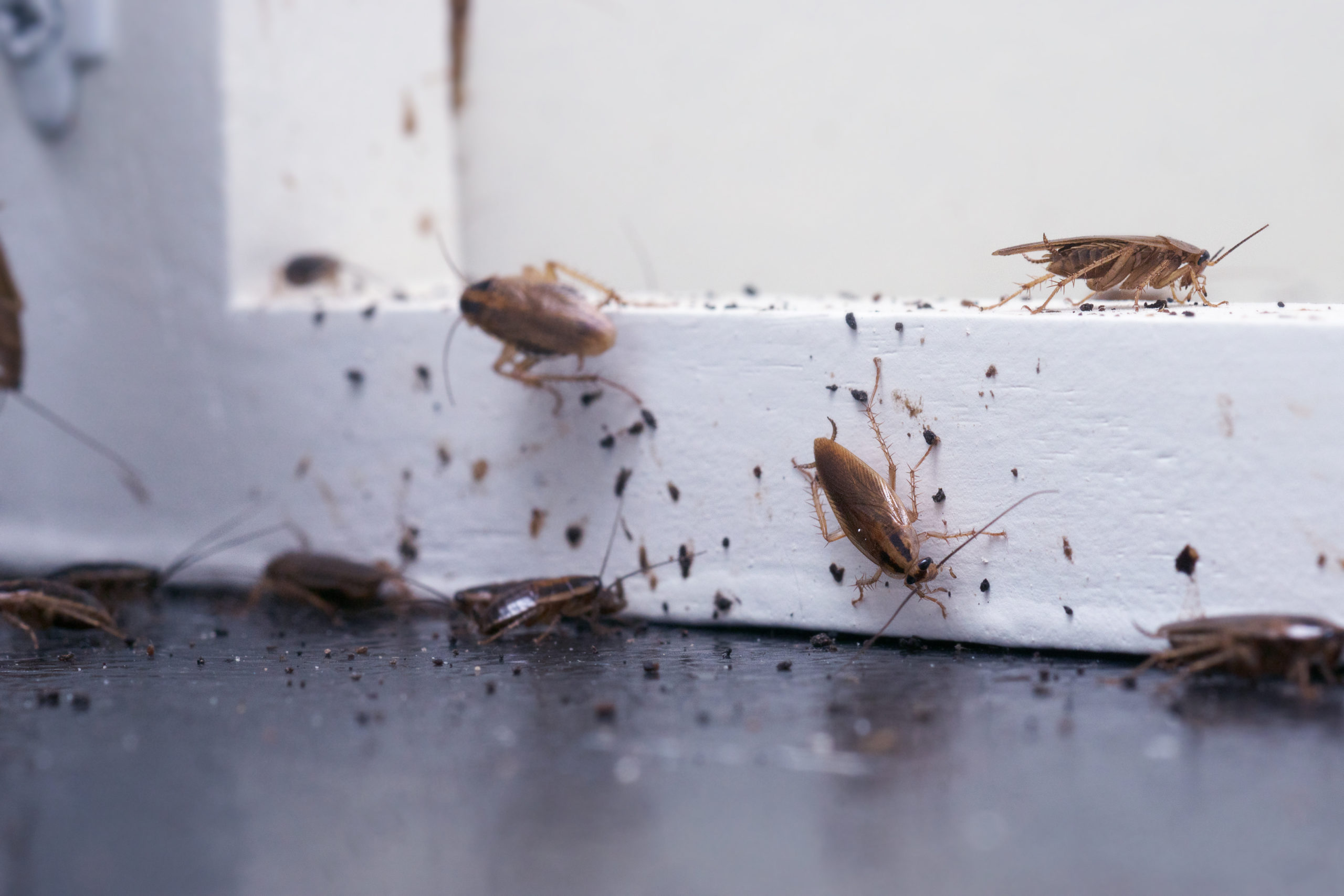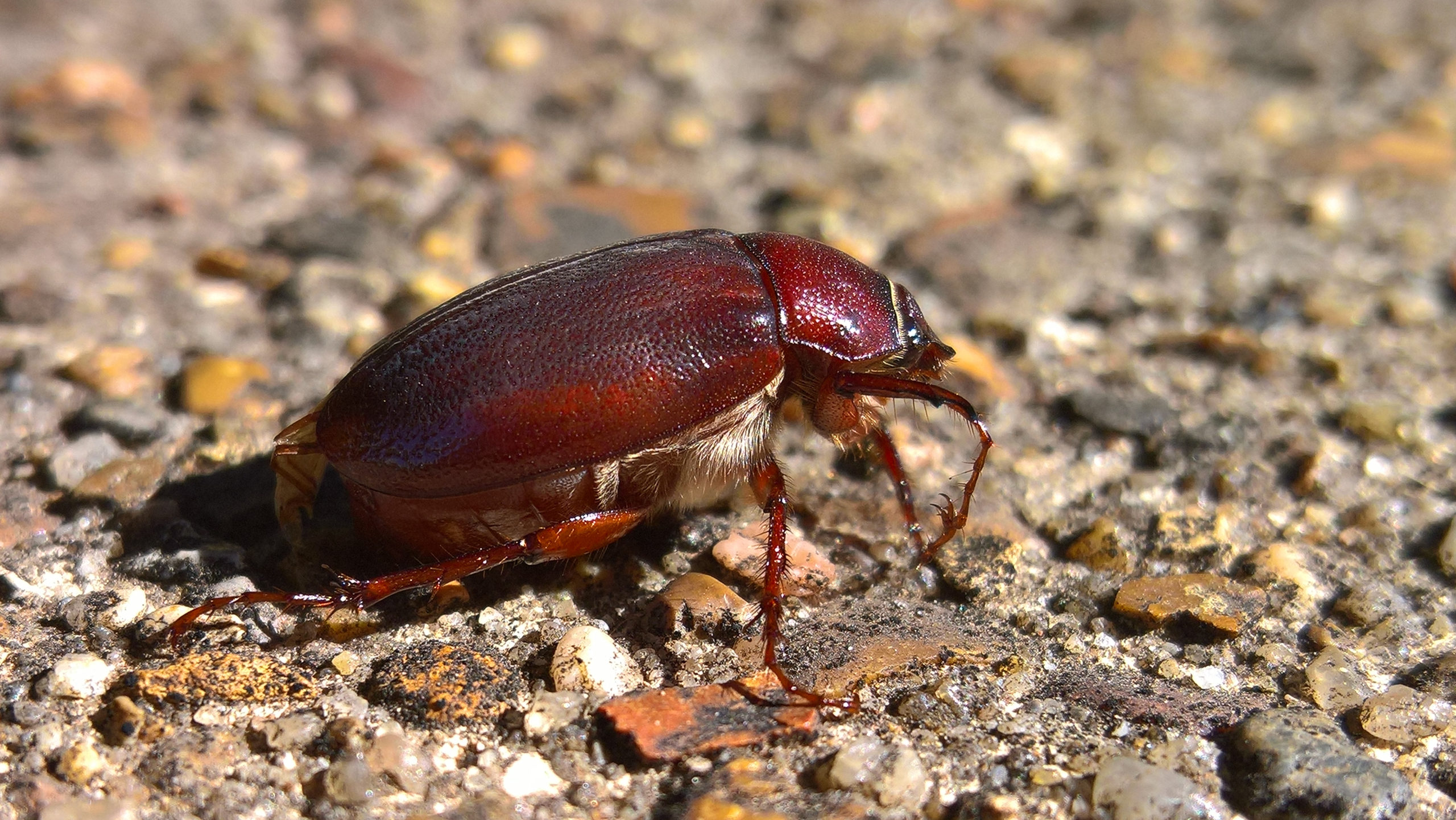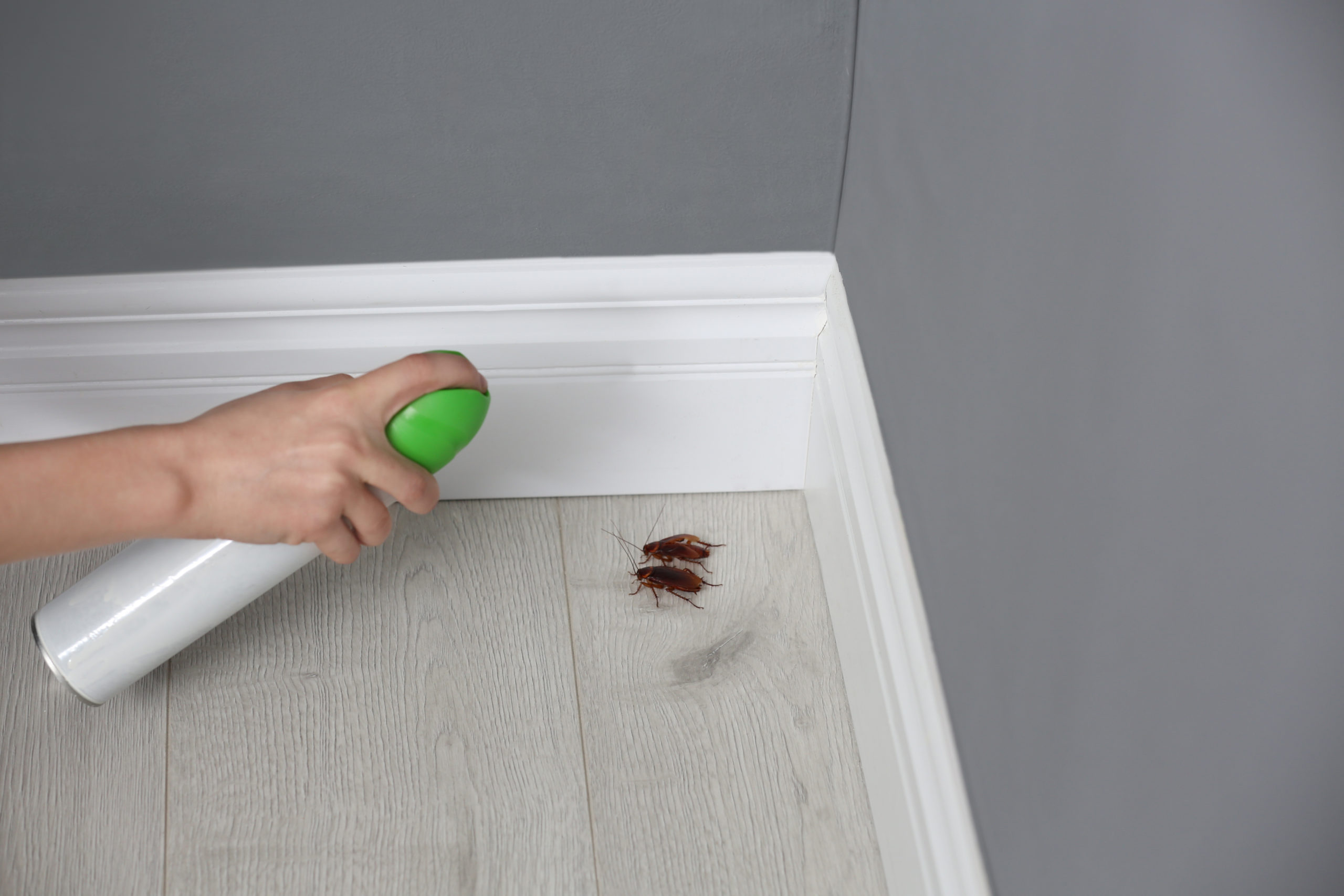Cockroaches: Helpful, Dangerous, or Both?
Cockroaches: Helpful, Dangerous, or Both?
It seems like there are no redeeming qualities for cockroaches. They’re nauseatingly big, eat garbage, and spread diseases wherever they go. Plus, any kind of hissing sound they emit is very unnerving when you happen to stumble across one. But could there be a potential bright side to these pests? We will find out by looking at the lives of cockroaches and what exactly makes them so infamous in the history of humanity.
A Numerous Population

Unfortunately for us, cockroaches lay plenty of eggs in their lifetimes that add up to be a large new generation of problematic pests. Female cockroaches lay eggs inside egg cases called ootheca, and the number of eggs depends on the species of cockroach. American cockroaches lay about twelve eggs per egg case, while German roaches lay closer to fifty per case. This means that there can be around 400 eggs laid by one cockroach in its life! And since most cockroaches live for less than a year, this makes it look like their sole purpose is to produce more problems for humans. The male cockroaches are surprisingly nurturing in the family; they will often either watch over the young or go eat organic matter (usually in excrement) to bring back nitrogen for the babies to survive.
Cockroaches like to nest in a hole or dark spot that is likely to not be disturbed by a predator. In the wild, this can mean living in the hole of a tree or underneath natural debris. But in our homes and garages, the nest is likely in a cardboard box or under stacks of materials that aren’t constantly shuffled. So to prevent cockroaches from nesting in your home, we recommend making sure that no stacks of newspapers or other types of fibrous materials are left untouched for a long time. Also, try to avoid storing belongings in cardboard boxes as much as possible. Old books and childhood mementos would be best kept in plastic tubs that have snap-able lids or can be clipped in place for maximum protection. There is nothing worse than opening one of these boxes to rifle through some fun memories, only to find evidence of a roach family setting up shop in there.
The Possibility of Being Beneficial

Since there are so many roaches hatched every year, is there a chance that they do anything beneficial for us? The answer is a small “yes,” unless you’re a plant, in which case it’s a large “yes!” Cockroaches are excellent recyclers, since they consume literally everything in sight (or so it seems). They consume dead organisms, sewage, and waste, which means there is less of the gross stuff for people to deal with. Roaches have helpful protozoa and bacteria in their stomachs, so they naturally convert all that waste into nutrients for soil and earth that they likely live near. This helps the plants and flowers gain nutrients that they may have been lacking in order to grow and thrive. Some species can fly on occasion, which means that they can spread the love/garbage in different areas that may need it the most. Roaches can also eat other insects like ants, and even dead roaches, so they may be a small help with the pest population as well.
This all sounds great, but the problem is that this is not all that roaches do. If it was, then they could be considered a great help in the natural world. Their tendency to invade our spaces for the sake of food and water poses a slew of new problems that tip the scales more toward the side of roaches being a larger burden than a benefit. Also, the fact that they are distantly related to termites and are thought to be dated back over 320 million years says something about the nature of these dangerous insects.
The Real Hazard of Roaches

We may be biased, but there seems to be a lot more cons to having roaches around than pros. The subjectively worst part is the bacteria and disease that they easily spread everywhere. Diseases like salmonella and E. Coli can survive on the outer layers for over two months, and bacteria in general can live for many months inside the cockroach. This means that not only anything that the roach touches can be contaminated, but also any surface that it leaves feces or vomit – yes, vomit – on likely has even more bacteria. Roaches also smell bad, and this bad smell will linger on any food that they leave behind after snacking on it. On the bright side, this means that you will know if a roach got into your food based on the smell alone.
Another danger of roaches is the abundance of allergies and asthma that seem to arrive in their wake, like the worst welcome wagon ever. The allergens on a cockroach include their skin, limbs, excrement, regurgitations, and exoskeleton. Cockroaches molt several times in their lives, so any exoskeletons left lying around will likely stir up some allergies in the household. The exoskeleton is a leathery, tough material, which is why roaches seem to be indestructible and impervious to being crushed. The bacteria to blame can travel through the air, like through vents, hallways, and even plumbing. This is why many scientists who study cockroaches for a long time actually develop allergies to roaches! Allergy symptoms include rash, cough, ear and sinus infections, and wheezing. Please seek medical attention if someone in your home is experiencing these symptoms repeatedly for the first time to be sure it is allergies and not anything else.
Asthma is a whole other issue. Basically, any dust bunnies or even small flecks of dust in the air around roaches will be tainted by the roach’s bacteria. Their dust mite-like allergens from feces, saliva, and body parts activate symptoms in the people who unknowingly live with a family of dangerous roaches. While it seems like a huge number of people, especially children, seem to have asthma from roaches today, it is not because the roaches are worse. It’s simply because humanity in general spends more time indoors, which means more time around roaches if there are any inside. Since cockroaches can live up to one week without their head and run unnervingly fast for an insect, it seems impossible to get rid of the culprit of these symptoms. That is why hardware store solutions are so appealing for homes that struggle with a roach problem.
But…I Used Roach Poison

It is very frustrating to buy roach control products with the highest hopes that something productive will come out of them, only to not see any results except for maybe one dead cockroach tucked in a corner. Why doesn’t literal roach poison seem to work? The answer is frustrating, just to warn you: roaches evolved an aversion to it! The glucose that is commonly used in cheaper roach poison used to be delicious to cockroaches, hence why it worked so well. But over the years, roaches seem to have evolved a distaste for this glucose and now avoid it at all cost. Considering how roaches seem to eat everything else on planet Earth, this is truly a testament to how annoyingly indestructible roaches seem to be.
It’s not just glucose poison that cockroaches seem to easily survive nowadays. Their guts naturally produce antibiotics that fight harmful bacteria of all kinds, so they can avoid many substances that should be able to destroy them like any other insect. The light at the end of the tunnel here is that roaches need water more often than they need food. So by eliminating their water source – puddles, leaks, dripping faucets – we drive the roaches away in search of another source of water. But since we use sinks and showers all the time in our homes, there is likely some leftover water for the roaches to enjoy.
Pest Control is a Roach’s Rival

The small redeeming qualities of roaches is unfortunately not enough to make them beneficial pests in our lives. While roach poison off the shelves may not be that helpful anymore, pest control services are definitely still effective against these persistent pests. Our expert technicians are trained to look for all of the roach’s common hiding spots and take care of the problem at the source. When you go Green, you can rest assured that we will do everything we can to provide you with a home or business that is wonderfully roach-free.
Citations
Breau, A. (2013, March 14). Are cockroaches actually useful?. Indiana Public Health Moment of Science. Available at https://indianapublicmedia.org/amomentofscience/cockroaches_useful.php (Accessed on April 27, 2022).
Cockroach allergy (2018, February 1). ACAAI. Retrieved April 27, 2022, from https://acaai.org/allergies/allergic-conditions/cockroach-allergy/
Cockroaches. (n.d.). Better Health Channel. Retrieved April 27, 2022, from https://www.betterhealth.vic.gov.au/health/healthyliving/cockroaches
Martin, A. (n.d.). Cockroach facts – What they are, what they do, and why you should care. Cockroach Facts. Available at https://cockroachfacts.com/facts-about-roaches/ (Accessed on April 27, 2022).
Nuwer, R. (2014, September 17). Cockroaches: The insect we’re programmed to fear. BBC Future. Available at https://www.bbc.com/future/article/20140918-the-reality-about-roaches (Accessed on April 27, 2022).
8 Creative Ways to Have a Pest-Free Fourth of July
8 Creative Ways to Have a Pest-Free Fourth of July 8 Creative Ways to Have a Pest-Free Fourth of July Summary: The Fourth [...]
A Simple Guide to Preventing Stinging Pests
A Simple Guide to Preventing Stinging Pests A Simple Guide to Preventing Stinging Pests Summary: Stinging insects are more active in warm weather, [...]
These 10 Natural Mosquito Repellents Can Actually Help
These 10 Natural Mosquito Repellents Can Actually Help These 10 Natural Mosquito Repellents Can Actually Help Summary: Natural mosquito repellents are easier to [...]
How to Get Rid of Carpet Beetles
How to Get Rid of Carpet Beetles How to Get Rid of Carpet Beetles Summary: Carpet beetles are sneaky pests that don’t usually [...]
How Do Roaches Affect Asthma and Allergies?
How Do Roaches Affect Asthma and Allergies? How Do Roaches Affect Asthma and Allergies? Summary: It’s no secret that pests impact human health, [...]
These 5 Carnivorous Pests Might Surprise You!
These 5 Carnivorous Pests Might Surprise You! These 5 Carnivorous Pests Might Surprise You! Summary: There are many eco-friendly ways to prevent pests, [...]

